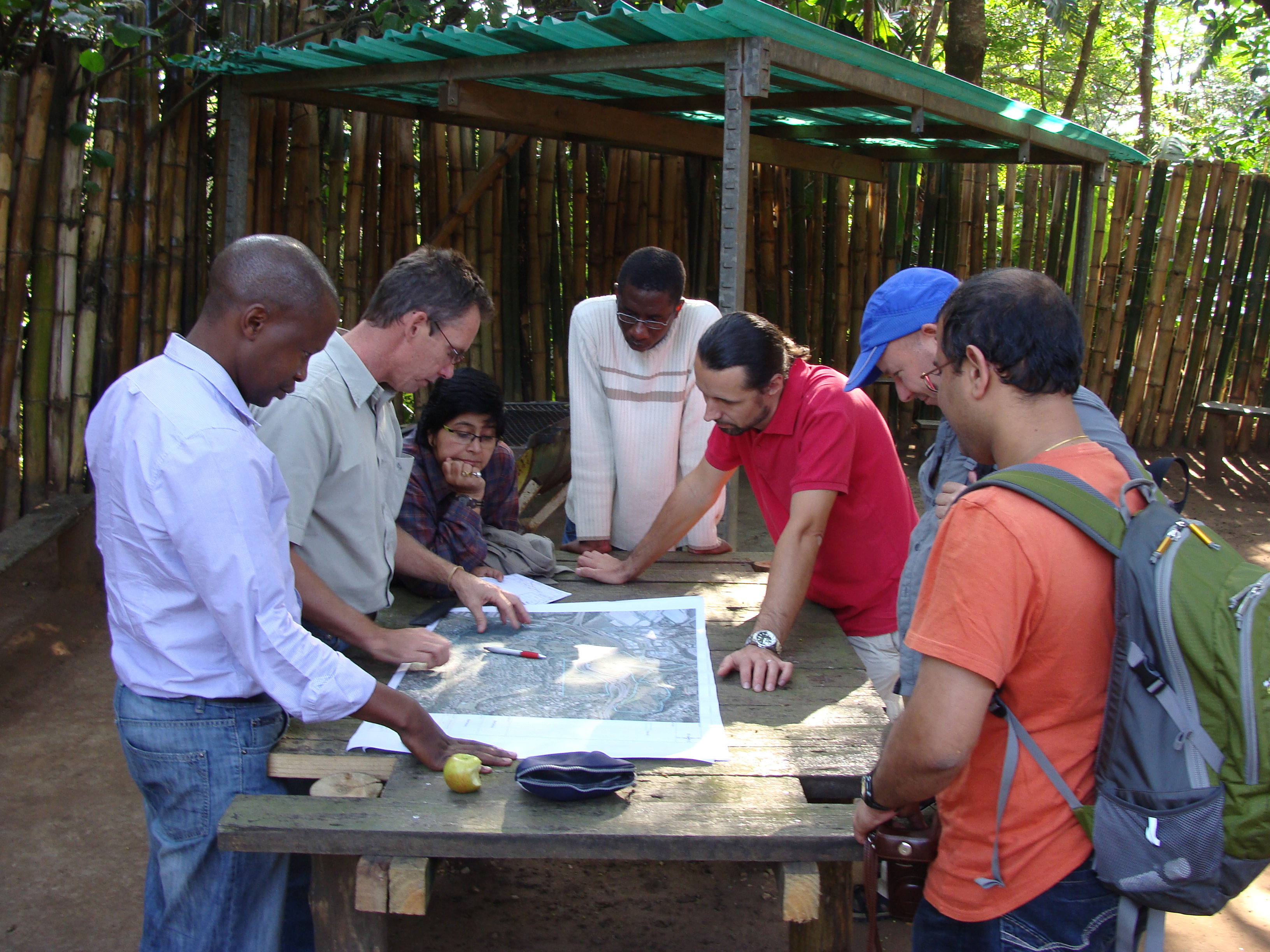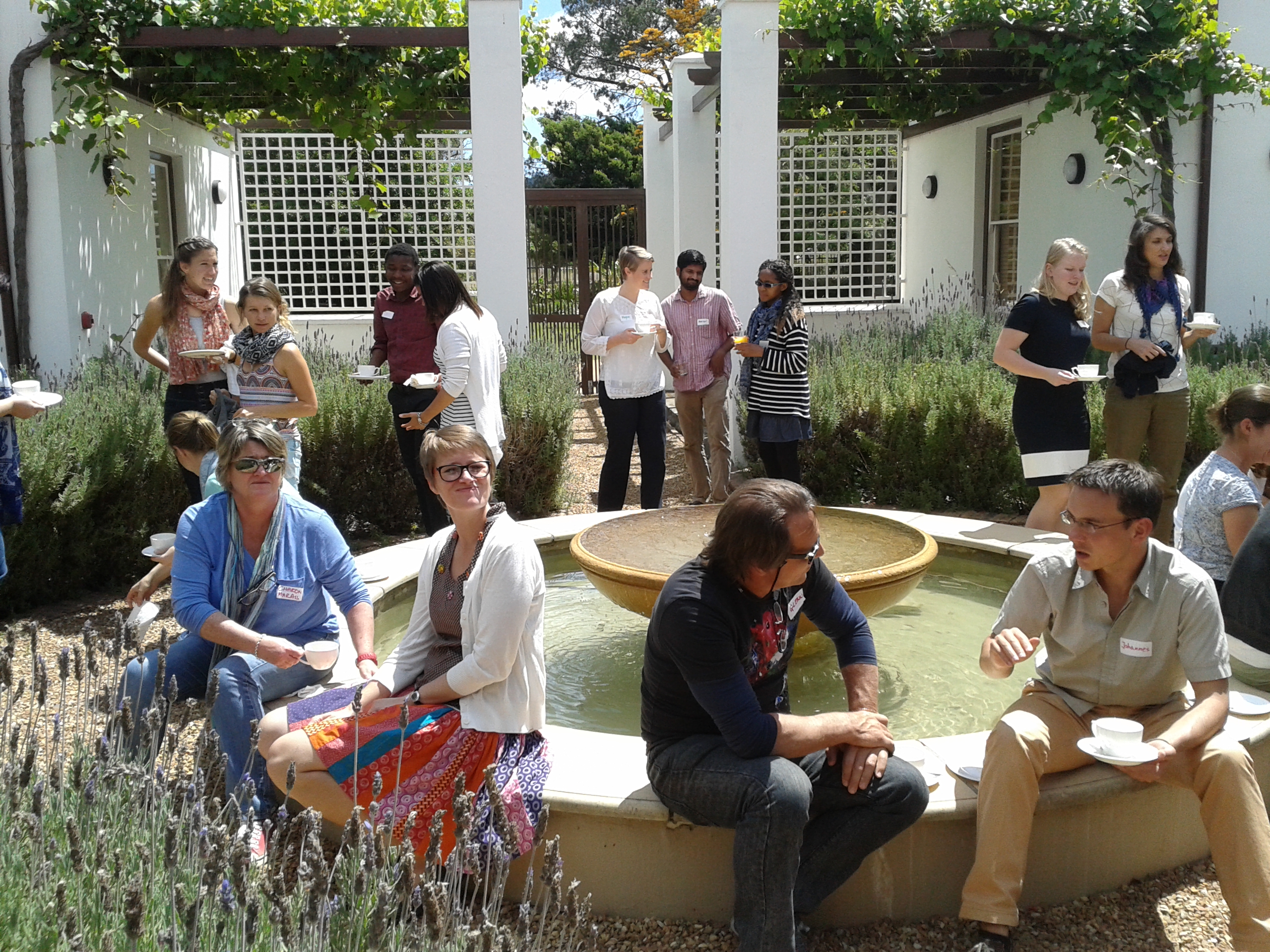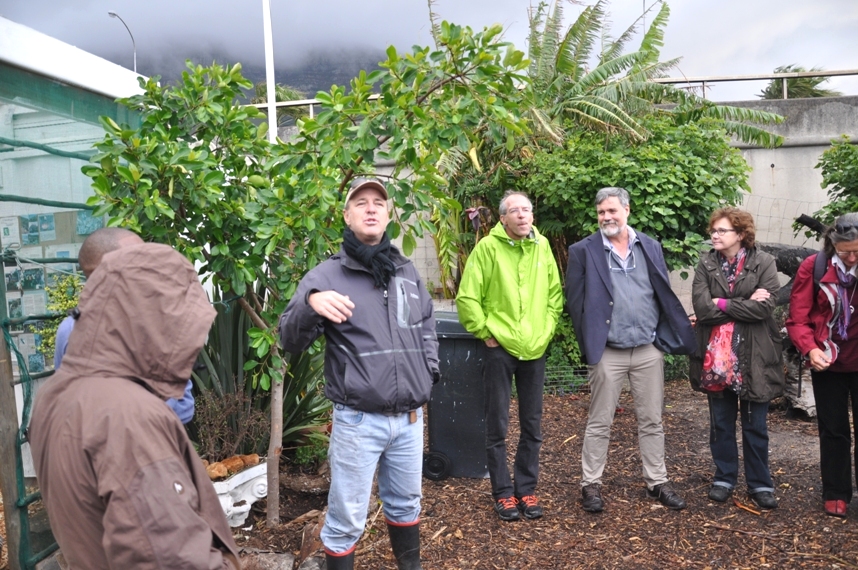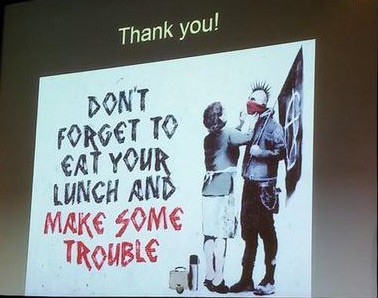Call for applications: Short-term internships at the Centre for Complex Systems in Transition
SARChI Research Chair in Social-Ecological Systems and Resilience Hosted by the Centre for Complex Systems in Transition at Stellenbosch University Call for applications: Short Internships for 2016 Deadline for applications: 30 July 2016 Escalating global challenges such as climate change, food and water security, biodiversity loss, socio-political conflict and economic volatility, demand new approaches to researching and governing our environment and societies. Approaches that account for the complex relationships between human well-being and ecological sustainability, while dealing with ongoing change and uncertainty, have become critical. It is increasingly apparent that fundamental reorganization of our societies is necessary to achieve a [...]








